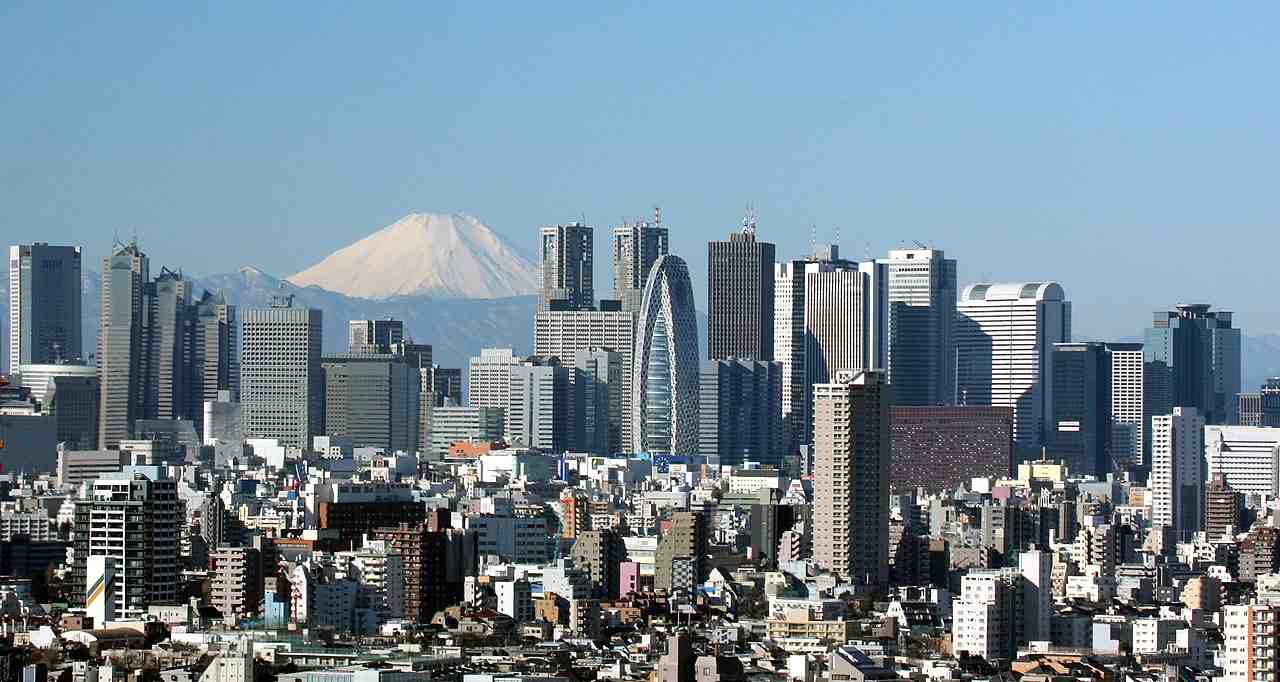In recent years, Indonesia’s property sector has experienced a significant surge in foreign investment. As a country with stable economic growth and a continuously developing population, Indonesia has become an attractive destination for global investors looking to enter a market rich in potential. Despite challenges, investors see Indonesia as an opportunity that should not be missed.
Indonesia’s consistent economic growth has been one of the main drivers of increased foreign investment in the property sector. In 2023, Indonesia recorded a GDP growth of 5.3%, demonstrating a strong recovery following the impacts of the COVID-19 pandemic. The relatively good political stability and supportive government policies also enhance Indonesia’s appeal to foreign investors. This creates a conducive atmosphere for investment, especially in the property sector, which is a crucial pillar for economic growth.
High Demand for Properties
Demand for property in Indonesia continues to rise, especially in major cities like Jakarta, Surabaya, and Bandung. The rapid growth of the middle class and increasing urbanization create a need for housing, commercial space, and other supporting facilities. According to data from the Indonesian Housing and Settlement Developers Association (APERSI), demand for housing is expected to increase by 10% over the next five years.
Foreign investors see this opportunity and are beginning to invest in real estate projects such as apartments, housing, and shopping centers. Many leading international companies have launched property projects in Indonesia, including firms from Singapore, Malaysia, and Hong Kong, which not only bring capital but also expertise and modern technology to the market.
The Indonesian government has implemented various policies to attract foreign investment in the property sector. One significant step is the provision of ease for foreign investors to purchase property by allowing them to hold building use rights (HGB) for 30 years, which can be extended. Additionally, more favorable tax policies and faster licensing processes also add to the appeal for investors.
Major cities are also improving infrastructure to support the growth of the property sector. The construction of roads, public transportation, and other public facilities adds value to property projects, making them more attractive to buyers and tenants.
Commercial and Residential Sectors
The commercial sector is also showing positive trends, especially with the increasing demand for office space and shopping centers. Multinational companies investing in Indonesia require modern and strategic facilities. This drives developers to build top-class office buildings and shopping centers that meet international standards.
On the other hand, the residential sector is also experiencing rapid growth. Integrated housing projects that combine residential areas, commercial spaces, and recreational facilities are increasingly popular. This provides opportunities for foreign investors to participate in the development of community-oriented projects that offer a better quality of life for residents.
Foreign investment in Indonesia’s property sector shows an upward trend, driven by economic growth, high demand, and supportive government policies. Although challenges remain, many investors view Indonesia as a promising market with significant potential. By continuing to improve infrastructure and regulations, Indonesia can strengthen its position as a leading destination for property investment in Southeast Asia. This sector not only promises financial returns but also contributes to economic and social development in Indonesia.
Note:
If you are an investor or a businessman who wants to invest in Indonesia, we are ready to help you find relevant and trustable business partners. We are also ready to help if your company needs business research related to Indonesian companies.
Please contact to
Email : huangsingcap@gmail.com
Read More:
- Five Key Challenges for Indonesia’s New President, Prabowo Subianto
- Erick Thohir: From Global Sports Investor to Indonesia’s SOE Minister
- Abu Dhabi and Qatar Commit to Funding Indonesia’s Ambitious 15 Million Housing Project
- JGC Wins $2.4 Billion EPCI Contract for Indonesia’s Tangguh UCC Project
- Coca-Cola vs. Pepsi: The Never-Ending Battle In the Global Beverage Industry




























